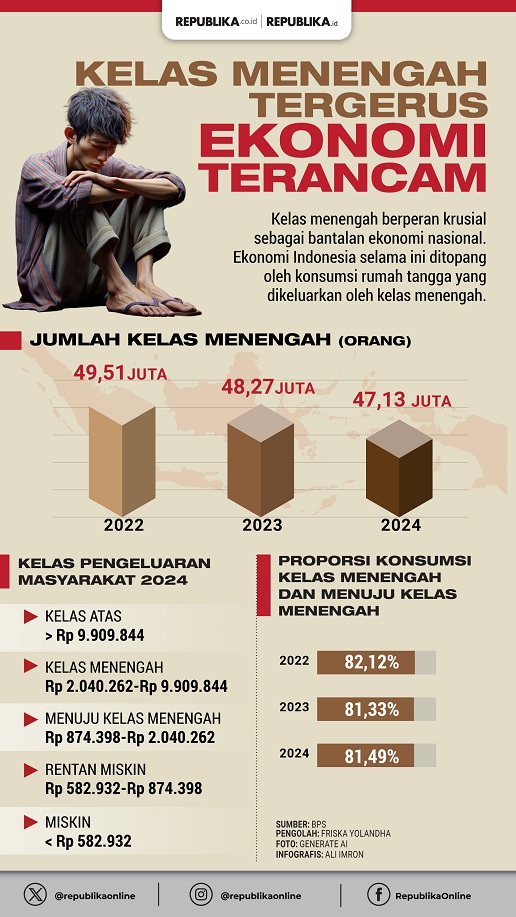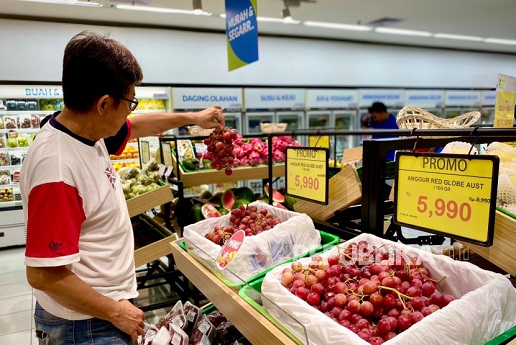The uncertainty surrounding the increase in Indonesia’s Value Added Tax (VAT) to 12% has sparked concern across industries and society. Despite the government’s clarification that the VAT hike applies solely to luxury goods, the decision-making process has highlighted significant economic challenges.
Solihin, Chairman of the Indonesian Retail Entrepreneurs Association (Aprindo), emphasized that its members had not implemented the 12% VAT rate. Retailers remained compliant with the government’s directive, following the regulations outlined in the Ministry of Finance’s Regulation No. 131 of 2024. The rule stipulates that the 12% VAT applies only to high-end products such as private jets, luxury yachts, and premium residential properties valued at Rp 30 billion or more.
Economic observers have critiqued the government’s indecision in introducing the policy. Tira Mutiara from the Institute for Demographic and Affluence Studies (Ideas) linked the VAT controversy to declining consumer confidence and purchasing power, particularly among the middle class, which is crucial for sustaining Indonesia’s economic growth. The household consumption growth rate lagged behind the overall economic growth rate in 2023 and 2024, signaling weaker domestic spending. Kelas menengah tergerus, ekonomi terancam - (Dok Republika)
Kelas menengah tergerus, ekonomi terancam - (Dok Republika)
Additionally, the Consumer Confidence Index (CCI) fell consistently throughout the year, particularly among middle-income households. This trend reflected growing economic concerns as inflation reached a record low of 1.57% in 2024 due to reduced consumer demand. Tira stressed that revitalizing consumer confidence and providing clear government policy signals are essential for stabilizing and boosting the nation’s economy.






